The specifics of translating documents for the UK and Ukraine were explored in a webinar
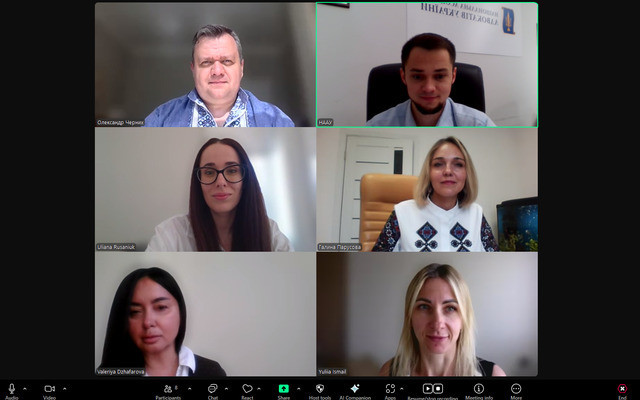
In legal practice, document translation is increasingly becoming a subject of attention not only for translators, but also for advocates, courts, and government agencies. What should a translation be like to be legally valid in Ukraine and the UK, what mistakes can ruin a case, and who is responsible for accuracy?
The issues of standards and legal validity of translations in international circulation were key topics in the presentations of the speakers at the webinar «Translation as a Legal Tool». The event for Ukrainian advocates and migrants was organized by Oleksandr Chernykh, representative of the Ukrainian National Bar Association in Great Britain and Northern Ireland.
Ukrainian advocate and migration advisor in the UK Yulia Ismail drew attention to the requirements for translations in immigration cases. According to her, documents without translation are not considered by the British authorities, and the absence of a certified translation can lead to delays or a negative decision. She emphasized that the translation must contain the full name and qualifications of the translator, their signature, a statement of accuracy such as «I certify that this is a true and accurate translation of the original document», as well as contact details. If at least one of these elements is missing, problems may arise. «If the translation is not certified or does not contain all the required details, it will not be accepted. Documents without translation are effectively non-existent for the case», - explained Y. Ismail.
The difference between an apostille and a notarization was explained by Valeria Jafarova, a Ukrainian advocate practicing in Scotland. She explained that an apostille confirms the authenticity of the signature or seal on the original document but does not certify the content of the translation. Notarization, on the other hand, certifies the translator's signature on the translation. In this regard, it is worth clarifying in advance what type of certification is required in a particular case. «Before submitting documents to the consulate or the Home Office, always check whether an apostille is required or whether a certified translation is sufficient», - advises the advocate.
Certified translator and member of the Chartered Institute of Linguists Ulyana Rusanyuk outlined the cases when a translation must be official. This applies to immigration, educational, medical, financial, and legal documents. She emphasized that a single mistake in a translation can ruin the case. Rusanyuk also detailed the requirements for interpreting in the UK: in particular, the need to have DPSI, be registered with the NRPSI, and pass a DBS or PVG check depending on the jurisdiction. The peculiarity of written translation is that it must accurately reproduce the structure of the original, including signatures, seals, and numbering. Documents may be submitted in electronic form, but only if they are duly certified by a certified translator, notary, solicitor, or, in some cases, through a consulate.
Ukrainian notary Galina Parusova reminded us of the rules for notarizing translations in Ukraine. She noted that a notary is responsible for the content of a translation only if they did it themselves. If the translation is done by a translator, the notary only certifies the authenticity of their signature, establishing the translator's identity and checking their qualifications. She emphasized that the translation can only be attached to the original document or its duly certified copy, and the notary's certification inscription is written in Ukrainian and is not translated.
G. Parusova explained the specifics of notaries' participation in the apostille procedure in accordance with the Hague Convention. Notaries in Ukraine accept documents for apostille, prepare applications, visualize and issue documents with an apostille formed using software for maintaining the Electronic Register of Apostilles.
The seminar confirmed that translation is not just a matter of language, but a full-fledged legal tool on which the outcome of a case may depend. Proper translation, compliance with certification requirements, and professional communication between advocates, translators, and notaries are the key to legal certainty both in Ukraine and abroad.
Popular news
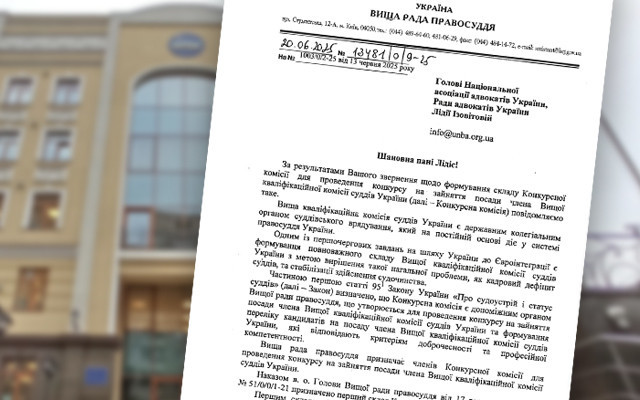
Self-government
The HCJ continues to ignore the legal deadlines for forming the Competition Commission of the HQCJ
The High Council of Justice continues to violate the statutory deadlines for forming a new competition commission to select members of the Competition Commission of the High Qualification Commission of Judges of Ukraine.
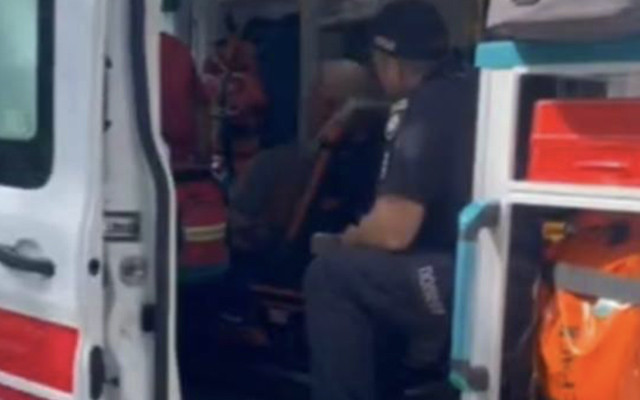
Advocacy
Another conflict with the TCC: an advocate's leg was broken and his client jumped out of a window
On June 19, at the premises of the military medical commission, where a bus from the Krasnograd Territorial Center for Recruitment and Social Support delivered several people, an incident occurred involving the use of physical force against an advocate.
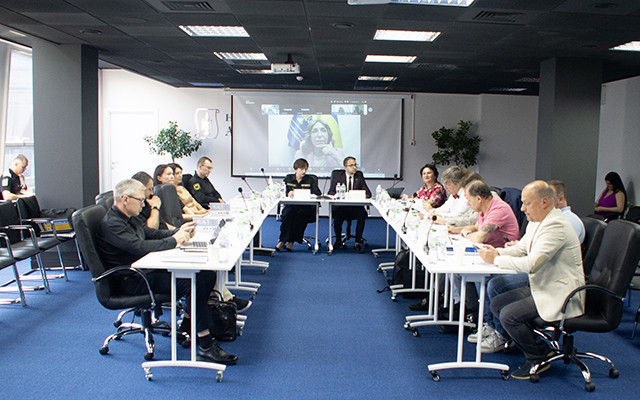
Advocacy
Independence of advocacy and accountability of expertise: different models, shared responsibility
Two different models of professional organization coexist in Ukraine: advocacy with established self-government and judicial and expert activities that remain under state control. How can approaches be balanced, the openness of expert opinions ensured, and effective interaction between specialists established?
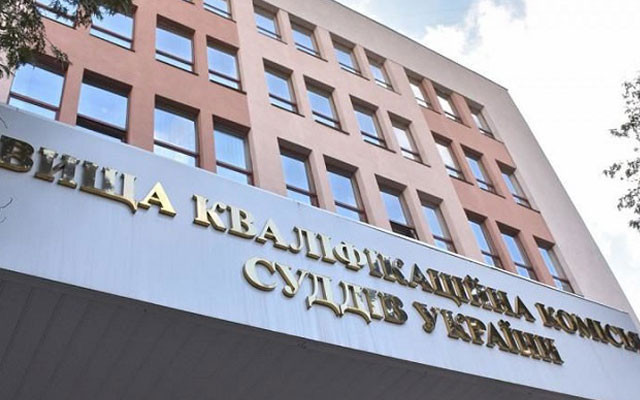
Advocacy
The Bar Council of Ukraine appealed to the High Council of Justice due to delays in forming the Competition Commission of t…
On June 13, 2025, Lidiya Izovitova, President of the Bar Council of Ukraine, addressed Grigory Usik, Head of the High Council of Justice, regarding the violation of the deadlines for forming a new composition of the Competition Commission for the selection of members of the High Qualification Commission of Judges of Ukraine.
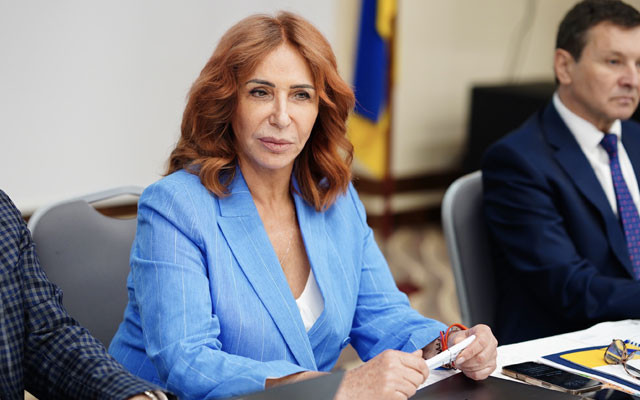
Advocacy
UNBA calls for compliance with Council of Europe standards for the legal profession
The recently approved roadmap for EU accession in terms of bar reform refers to non-existent European standards and was adopted in violation of international principles. Therefore, before talking about changes, it is necessary to compare the current model of the bar with the Council of Europe standards embodied in the Convention on the Protection of the Profession of Lawyer.
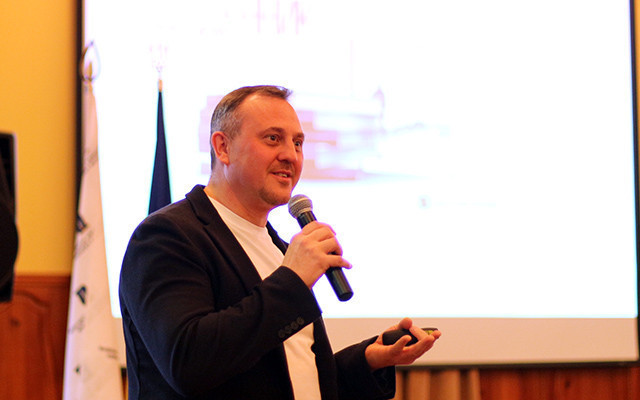
Advocacy
Andriy Osipov appointed head of the Ukrainian State Film Agency
The Cabinet of Ministers of Ukraine has appointed Andriy Osipov as head of the Ukrainian State Film Agency.
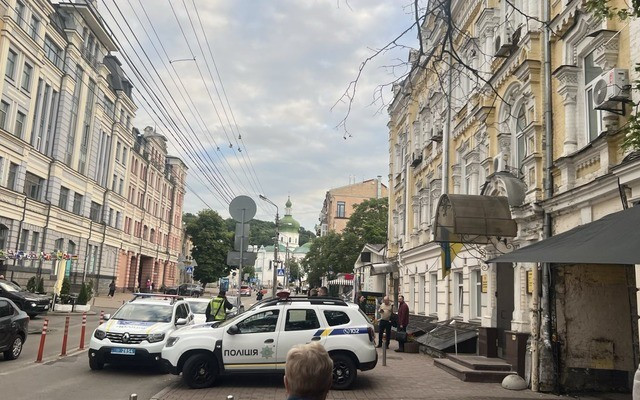
Advocacy
Mobilization of advocates in court: UNBA records another case of pressure
The Ukrainian advocacy has once again faced extrajudicial influence on advocates with the aim of obstructing the exercise of their legitimate powers related to the provision of professional legal assistance to clients.

Advocacy
The specifics of translating documents for the UK and Ukraine were explored in a webinar
In legal practice, document translation is increasingly becoming a subject of attention not only for translators, but also for advocates, courts, and government agencies. What should a translation be like to be legally valid in Ukraine and the UK, what mistakes can ruin a case, and who is responsible for accuracy?
Publications

Ihor Kolesnykov A BRIEF SUMMARY REGARDING THE APPLICATION OF THE ORDER ON EXTENDED CONFISCATION IN LATVIA REGARDING FINANCIAL ASSETS OF…

Valentyn Gvozdiy WORKING IN A WAR ZONE

Lydia Izovitova Formula of perfection

Sergiy Vylkov Our judicial system is so built that courts do not trust advocates

Iryna Vasylyk Advocacy in the proclamation of Independence of Ukraine

Oleksandr DULSKY When we cross the border of the Supreme Anti-Corruption Court, we get into another department of the National Anti-Corruption…

Vadym Krasnyk The UNBA will work, and all obstacles and restrictions are only temporary inconveniences

Lydia Izovitova Interview with Lydia Izovitova on the occasion of the 8th anniversary of the founding of UNBA: We are the voice of t…
